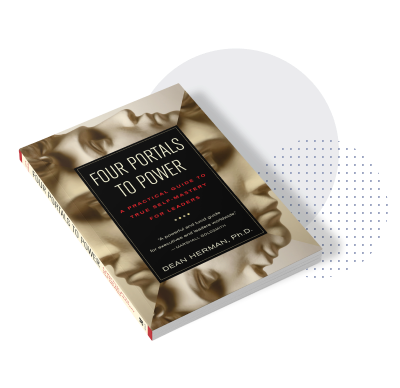Articles
Dare to Be Curious
December 4, 2013 (Number 52) At a time when I was younger and a bit more reactive, I felt an acquaintance was ignoring my calls about an urgent matter. "She's pretty self-absorbed," I concluded with more than a little annoyance. But my emotions abruptly shifted when we finally spoke and I learned the delay was due to her young son just being diagnosed with cancer.Can you recall instances from your own life where, instead of maintaining a stance of openness and curiosity, you were perhaps a bit too quick to make a judgment? For example, have you ever heard yourself complain under your breath, or out loud, "These people are incompetent!"? Or, "He's just dishonest"?
Making such pronouncements can feel good in the moment. But do you see how they close you off from other people — and potentially from more deeply understanding what's really happening?
If that intrigues you, here's how you can investigate further — and make some meaningful changes:
- Identify at least three people in your life whose conduct toward you has impaired your happiness or success. Then write down the judgments you have about each of them. Importantly, notice how you feel when making these judgments. For example, do you feel anger? Or tightness and tension?
- Next, start replacing your judgments with curiosity. For example, if you're irritated with a family member or colleague at work, ask yourself, "What would it be like to be in his situation?" or "How might he see me?" Also ask, "What could he be feeling now?" Especially consider the possibility that the individual may feel fearful, slighted or inadequate in relation to you.
- When you next interact with this person, communicate some of your newly developed curiosity. For example, "I've been wondering how things are going for you lately." Or, better, "Is there anything you need from me?"
Ultimately, you'll find that being curious is one of the kindest and most compassionate things you can do. And it will make your conduct far more effective.
This holiday season, do you have family members, friends or colleagues who could benefit from greater self-awareness and interpersonal effectiveness? Consider giving them my book. "Quite literally the most important book I've read in the last 20 years." — Amazon reviewer.
Happy holidays,
Dean Herman, Ph.D.


